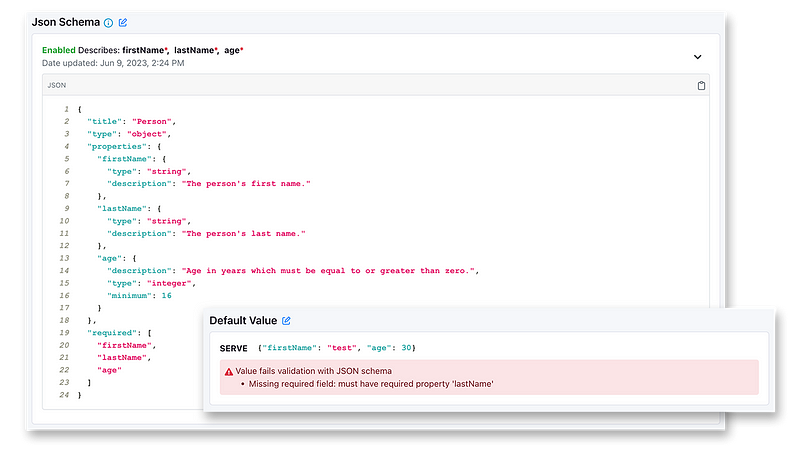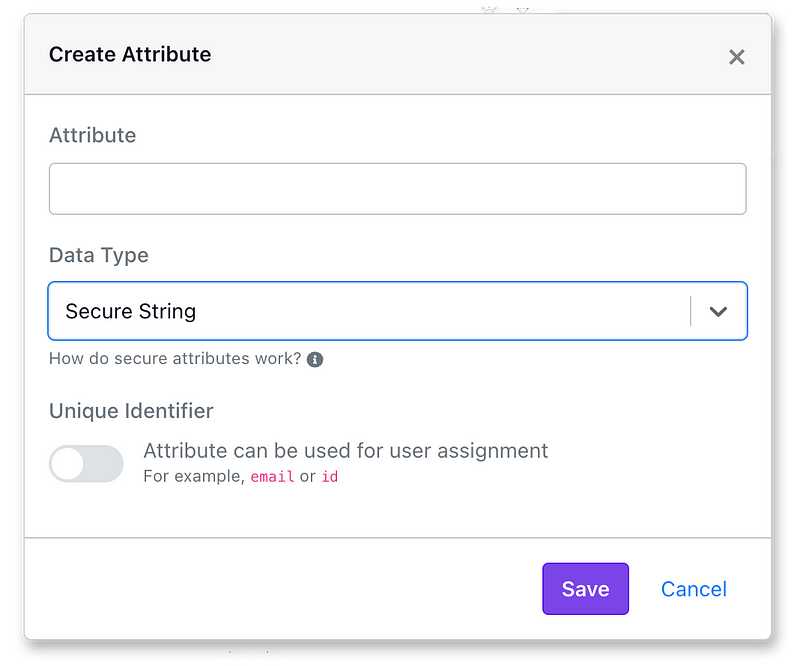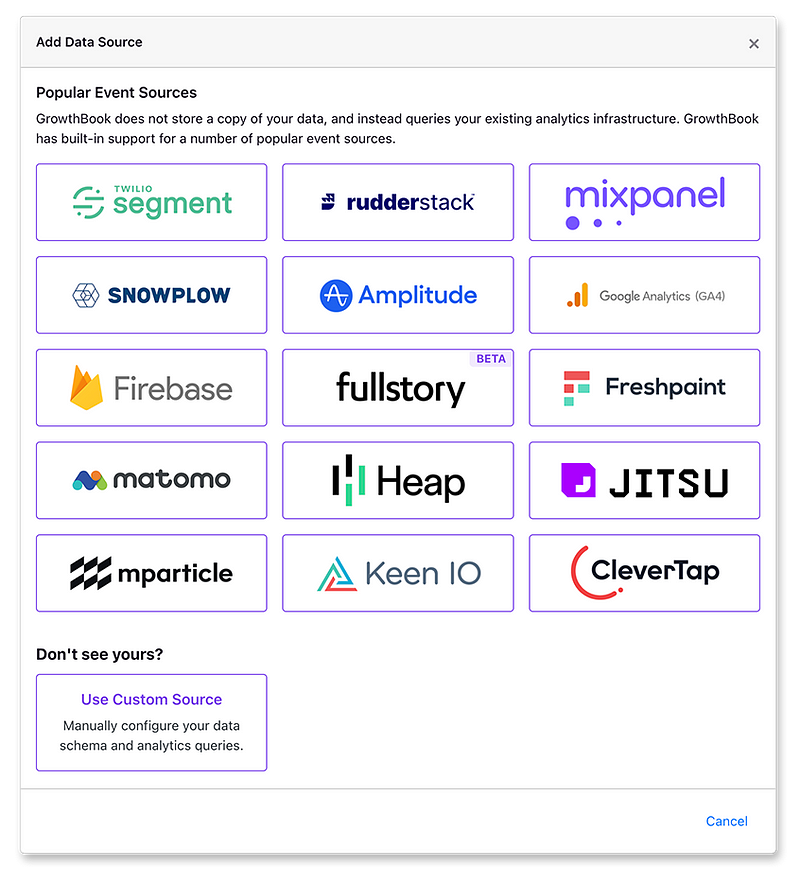We are pleased to announce the release of version 2.2. This version includes improvements to the Visual Editor, secure feature values, JSON validation, semantic version targeting support and more. Find out more below.
Visual Editor — JS injection and CSS property editing
This release expands the types of A/B tests you can create with our Visual Editor. You can now run custom javascript per variation to make complex changes to the page. Plus, you can now edit CSS properties (font size, color, etc.) for an element directly without needing to manipulate class names.
JSON Schema Validation

One of the really powerful ways to use GrowthBook is as a remote configuration tool. You can pass down entire JSON objects to your application and make changes without a new deploy. However, typing JSON into a text area can be very error prone. With version 2.2 you can now attach a JSON Schema to a feature flag to validate every value before saving. This feature is available to Enterprise customers.
Secure Targeting Attributes

There are times when you want to target feature flags to specific users, but don’t want their IDs or emails exposed in the JSON payload when using our client-side SDKs. You can now mark any attribute as a “secure string” which will apply SHA256 hashing to the values in targeting conditions before sending the JSON payload to our SDKs. For additional protection, we even allow specifying a unique salt for your organization. You must enable this feature in your SDK Connections for it to take effect. This feature is available for Pro users.
REST API Permissions
As we add more REST endpoints to programmatically interact with your GrowthBook data, there’s been a growing need for more fine-grained permission controls for API tokens. This release adds two new types of tokens to accomplish this.
First, any user can now create their own Personal Access Tokens, which will assume their current role when used. If the user’s role changes in the future (or if they are removed from your organization), their access tokens will be updated immediately to reflect the changes. Personal Access Tokens are accessible from the user drop-down menu.
Second, admins can now create Read-only Tokens on the API Key settings page. These are great for scripts that don’t need write access, such as one that syncs experiment results into your data warehouse. You can now confidently build on top of GrowthBook without the risk of accidentally deleting or modifying something in your account.
Custom Currencies
By popular request, we’ve added the ability to adjust the currency shown within GrowthBook for revenue metrics. You can select any global currency from the drop down on the General Settings page.
FullStory Integration

Users of FullStory that have set up a data destination to BigQuery or Snowflake can now use that data for metrics and experiment results from within GrowthBook. This event source is in beta and may require some small adjustments.
MongoDB 6.0 Support
We updated our internal drivers for MongoDB so you can now use GrowthBook with the latest MongoDB 6.0.
As part of this upgrade, we did have to drop support for super old MongoDB versions (version 3.4 and lower). In some rare cases, you also may have to adjust the query string options in your MongoDB Connection URL. See here for more details.
Other Features and Improvements
- Version string comparison operators in client-side SDKs (semantic versioning)
- Lots of UI and SDK bug fixes
- Tons of new commands in the GrowthBook CLI
Plus many more changes and bug fixes which you can read about here: https://github.com/growthbook/growthbook/releases






